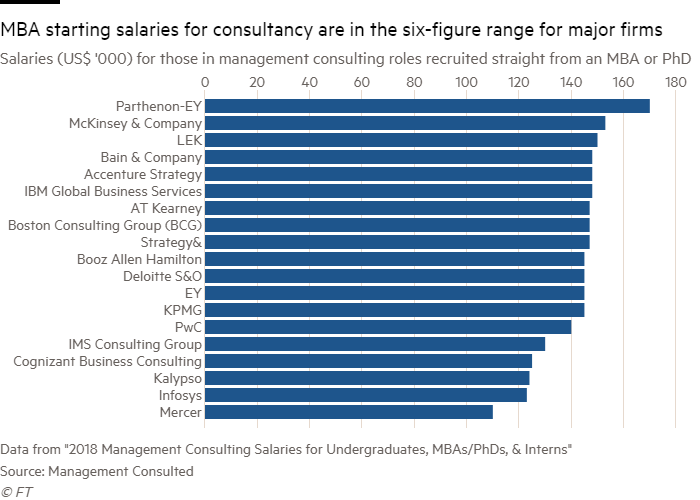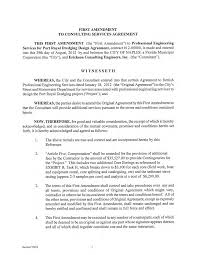
This article will help you to find out how to replace financial advisors. Whether you want to switch firms or not, there are some things to keep in mind. First, you should always be supportive of your financial adviser. In the future, you may need his assistance. You should also get his transaction history. This will help your new financial advisor get up to speed.
Transferring assets that are not transferable
Transferring non-transferable assets when you change financial advisors is an option available to some clients. This can reduce tax consequences. Unlike transferable securities, non-transferable assets are not sold off by the previous advisor. Your advisor can decide what to sell, and when. This can allow you to make gradual gains or loses.
You will need to review any contracts you have with previous advisors before you begin the process of switching financial advisers. To ensure you don't have any restrictions on your assets being transferred to your new advisor, make sure you carefully review your contract. Some contracts require you pay termination fees or give notice.

Avoid unpleasant surprises
You should ensure you select the right financial advisor for your circumstances if it is time to change. Responsible investors are responsible, so you should ensure that your advisor supports your financial goals. While it can be difficult to make the right decision, there are some tips to help you avoid any unpleasant surprises. Find out how highly your advisor values their work, and how you can hold them accountable.
Read the contract carefully before you decide to change financial advisors. Ask about any fees. Ask about any fees or the minimum holding period for assets that are not transferable. Ask about fees like redemption fees or if the old advisor will charge a fee for the transfer. Although it can be difficult to switch financial advisors, it is better than working for someone who isn't right for you for a long time.
Costs involved in switching financial advisers
Although switching to financial advisors may save you money, there is a cost. This includes the time and effort required to transition client accounts and build new client relationships. Although it is hard to quantify, this cost generally amounts to around 5 percent of your average annual productivity. For example, if you manage a million-dollar firm, you will incur about $50,000 in opportunity costs.
Moving your financial accounts is a complex process. You need to not only find a new advisor but also discuss your preferences and needs with them. It is important that your advisor has enough knowledge about you to make informed recommendations. You should clearly identify your major financial goals. Once you've identified your new financial advisor, evaluate the costs involved in transferring your account(s). Ask your current financial advisor about the fees for transferring your account. Make sure to review your agreements. Often, you can sign agreements with your new advisor electronically.

Finding a "forever” match
There are several steps that you should take when switching financial advisors. Financial advisors are often able to establish long-lasting relationships. They may have helped you start with personal finance, set up retirement accounts, or signed you up to life insurance. These relationships can prove invaluable for your financial health in any case.
With your new advisor, you should review all of your financial records. You should also review the credentials and experience of your advisor. Make sure that they are competent to handle your assets. You should also ensure that the advisor is licensed to manage your accounts. Some advisors aren't allowed to handle certain assets. Before you transfer assets, ensure that your financial advisor has a copy all transaction history.
FAQ
Can anyone be a consultant?
A consultant is someone who can help you reach your goal by providing advice on ways to make things better, more cost-effective, etc.
A consultant may help you solve problems, make decisions, or negotiate with others.
For specific tasks or projects, consultants are often hired.
In reality, consultants are generally paid hourly or daily rates and not per project.
What is the difference in a consultant and advisor?
An advisor is someone who provides information about a subject. A consultant offers solutions to problems.
A consultant works directly with clients to help them achieve their goals. The advisor provides indirect advice through books, magazines lectures, seminars, and the like.
Which industries employ consultants
There are many different types. Some consultants are focused on a specific type of business, others may specialize in multiple areas.
Some consultants work only for private companies, while others represent large corporations.
Many consultants also work internationally to assist companies from all corners of the globe.
What are the different types of jobs available for consultants?
A job as a consultant requires you to have an excellent understanding of business strategy and operations. You need to be able to comprehend how businesses function and how they fit in with society.
You must have excellent communication skills as well as the ability to think critically in order to be a consultant.
Consultants should be flexible because they may be asked for different tasks at various times. They should be flexible enough to change direction quickly if needed.
They should be prepared to travel extensively in support of their clients. This kind of work can take them around the world.
They must also be able handle stress and pressure well. Consultants might sometimes have to meet tight deadlines.
Consultants might be required to work long hours. You may not get overtime pay.
How can I become an expert consultant?
Find an area that you are passionate about. First, build relationships. You need to know what clients want and how they operate. And finally, you must deliver results for them.
You don't have to be the best at everything, but you do have to be better than everyone else. It is important to be passionate about what you do. It doesn't suffice just to say "I'm going be a Consultant." It's important to believe in your abilities and do what you love.
What can I anticipate from my consultant
You should hear back from your chosen consultant within a few days. They will ask you for information about your business, including the mission, goals, products, and budget. They will then send you a proposal that outlines the scope of work and estimates timeframe, fees, deliverables, milestones and other details.
If everything is in order, then the parties will enter into a written contract. The type of relationship between the parties (e.g., employee-employer, independent contractor-employer) will affect the terms of any contract.
If all goes well, the consultant will start working immediately. S/he will have access to your internal documents and resources, and you'll have access to his/her skills and knowledge.
Don't assume that someone who is a consultant knows everything. It takes practice and hard work to become an expert in the field you are consulting. Do not expect your consultant to be an expert in every aspect of your business.
Statistics
- 67% of consultants start their consulting businesses after quitting their jobs, while 33% start while they're still at their jobs. (consultingsuccess.com)
- According to statistics from the ONS, the UK has around 300,000 consultants, of which around 63,000 professionals work as management consultants. (consultancy.uk)
- "From there, I told them my rates were going up 25%, this is the new hourly rate, and every single one of them said 'done, fine.' (nerdwallet.com)
- Over 50% of consultants get their first consulting client through a referral from their network. (consultingsuccess.com)
- WHY choose me: Why your ideal client should choose you (ex: 10 years of experience and 6-week program has helped over 20 clients boost their sales by an average of 33% in 6 months). (consultingsuccess.com)
External Links
How To
How can I start a consultancy business with no money?
A simple and effective way to get started with your own consultancy business - without any capital investment!
This tutorial will teach you how to make money from home while improving your skills and earning extra cash.
I'll share my secrets for generating traffic on demand, particularly when people search for something specific.
This is known by the name "Targeted Traffic". This is the method that was created to enable you to do such things.
-
Choose the niche that you are interested in.
-
Research which keywords people use to find solutions on Google.
-
Write content that uses these keywords.
-
Post your articles on article directories.
-
Use social media sites to promote your articles.
-
Create relationships with experts in this niche.
-
Be featured on these blogs and websites.
-
Emails can be used to grow your email database.
-
Start making money.